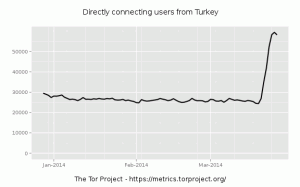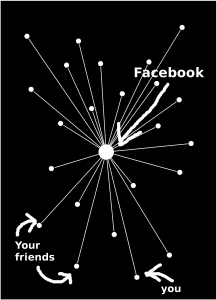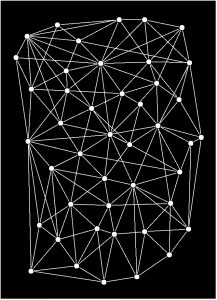W3C: Who’s working on DRM in HTML5?
Our intern Michele Marrali just had a look at the companies who are participating in the W3C discussion about making DRM a part of the HTML5 standard – something that’s a horrible idea if you care about security and freedom. Here’s what he found:
Google – US
Netflix – US
Sony – JPN
Adobe – US
Microsoft – US
Pierre Sandflow Consulting – US
Apple – US
Nicta – AU
Verimatrix – US
PacketVideo – US
Huawei – China
Telecom Paristech – EU academic institution
irdeto – NL
Comcast – (NBC, Universal, etc) US
Yandex – RU
So that means there’s at least one company from Europe involved in the discussion – right?
Oh, wait. irdeto is a subsidiary of Naspers, a global publishing company based in South Africa.
That brings the number of European businesses involved in the discussion to zero. Zilch. Nada.




